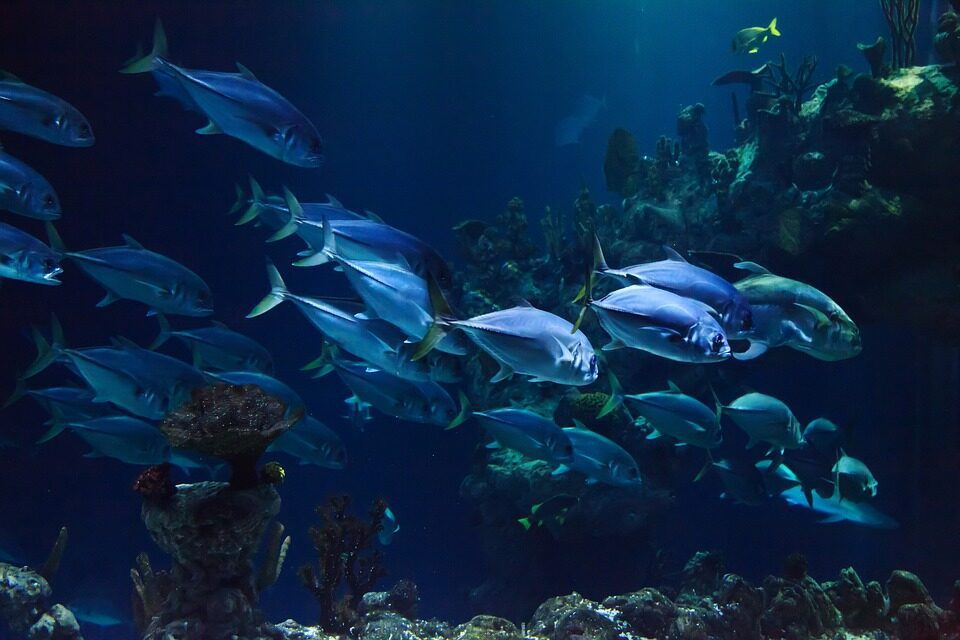The world’s oceans are home to many species, from the smallest plankton to the largest whales. However, climate change is having an overwhelming effect on these ecosystems, threatening the survival of many species and altering the balance of life in the ocean.
What are the challenges?
One of the most significant impacts of climate change on the ocean is warming temperatures. As the Earth’s atmosphere heats up, so too do the ocean’s waters. This warming can have a range of effects on marine life, from the shifting of populations to changes in behavior and physiology. This scenario can be observed as some fish species are moving toward the poles to escape warmer waters, while others are staying put and facing increased competition from new arrivals.
Another consequence of climate change is the acidification of the ocean. As carbon dioxide levels in the atmosphere rise, some of this gas is absorbed by the ocean, making it more acidic. This can have a devastating impact on marine life, particularly shell-forming creatures like coral and shellfish, whose shells dissolve in acidic water. Additionally, the changing chemistry of the ocean can affect the behavior of some fish species, making them more aggressive and less able to avoid predators.

Source: https://pixabay.com/photos/animal-aquarium-aquatic-coral-deep-21668/
The combined effect of these and other changes is having a profound impact on the overall health of ocean ecosystems. Some species are declining in numbers, while others are disappearing altogether. In some cases, this loss of biodiversity can have a butterfly effect on entire ecosystems, as the disappearance of one species can trigger changes in the behavior and survival of others.
What can be done?
Despite the many challenges facing ocean populations, efforts are underway to address these issues and help support the livelihoods of those who rely on the ocean for their sustenance. One of these can be efforts to reduce carbon emissions can help slow the rate of warming and acidification, giving species more time to adapt to changing conditions. Additionally, efforts to protect and restore marine habitats can help support the recovery of key species and promote the overall health of the ocean.

Source: https://pixabay.com/photos/fishermen-beach-boat-fishing-sea-2983615/
Final Thoughts
The status of ocean populations is closely connected to the effects of climate change. As we work to address this global challenge, it is important to consider the many ways in which we depend on healthy ocean ecosystems for our own well-being, as well as the well-being of the countless species that call the ocean home.
Sources:
·”Climate Change Impacts on the Ocean and Marine Resources” United States Environmental Protection Agency, https://www.epa.gov/climateimpacts/climate-change-impacts-ocean-and-marine-resources
“·How is climate change impacting the world’s ocean” United Nations Climate Action, https://www.un.org/en/climatechange/science/climate-issues/ocean-impacts
